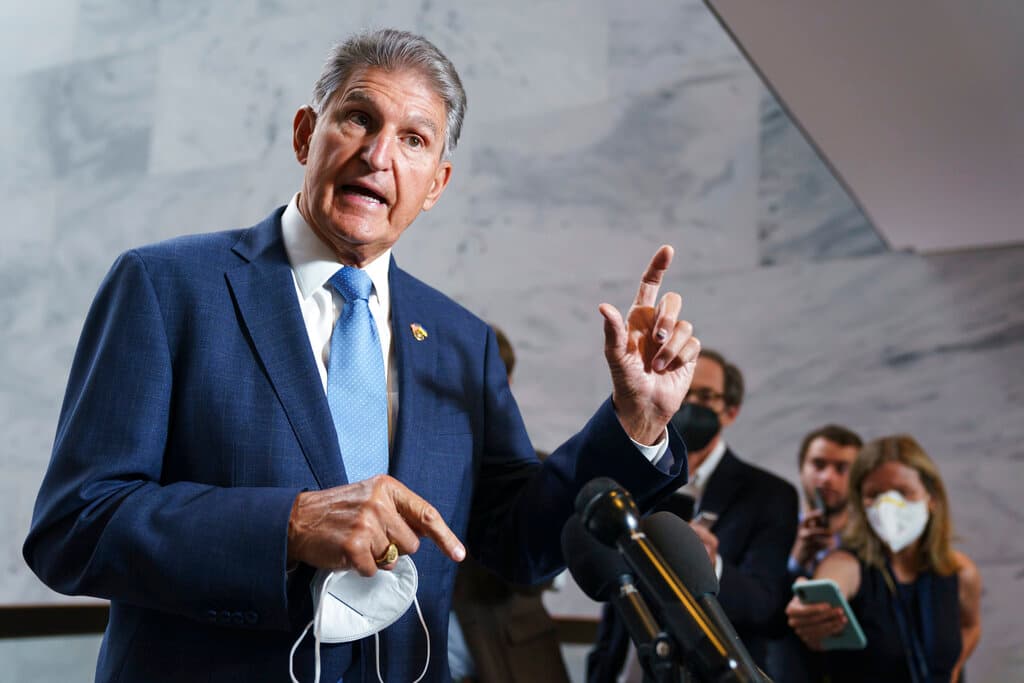Manchin Rails Against Partisan Politics, Spurring Speculation Over Independent Bid
The West Virginia senator, refusing to rule out a presidential bid, spooks the chattering classes once again.

The senior U.S. senator of West Virginia, Joe Manchin, is the last holdout red state Democratic senator to announce his intention to run for re-election, and there are signs it may be because he has his eye on the White House.
Please check your email.
A verification code has been sent to
Didn't get a code? Click to resend.
To continue reading, please select:
Enter your email to read for FREE
Get 1 FREE article
Join the Sun for a PENNY A DAY
$0.01/day for 60 days
Cancel anytime
100% ad free experience
Unlimited article and commenting access
Full annual dues ($120) billed after 60 days

